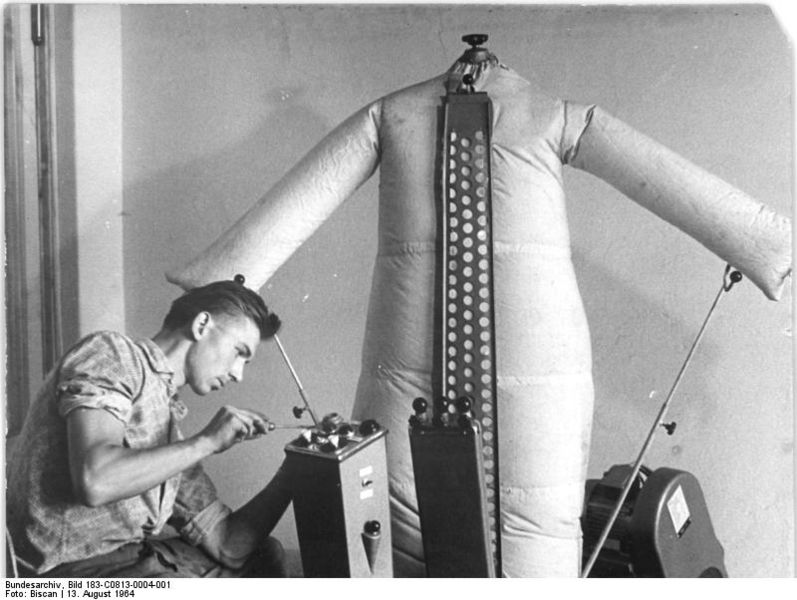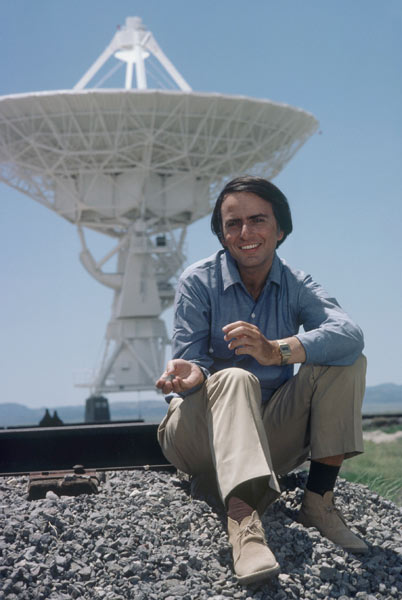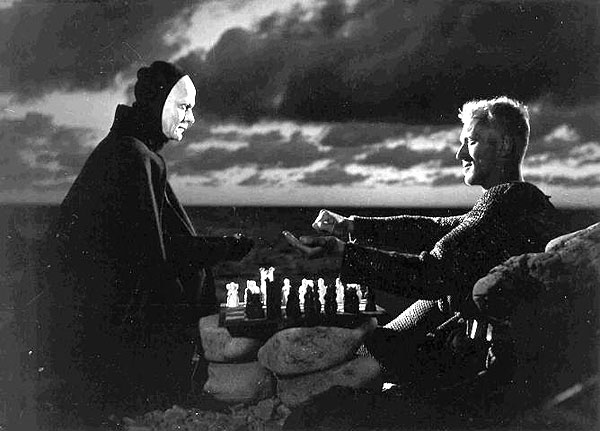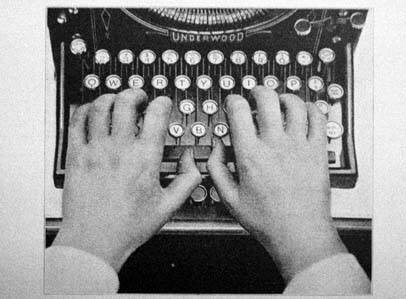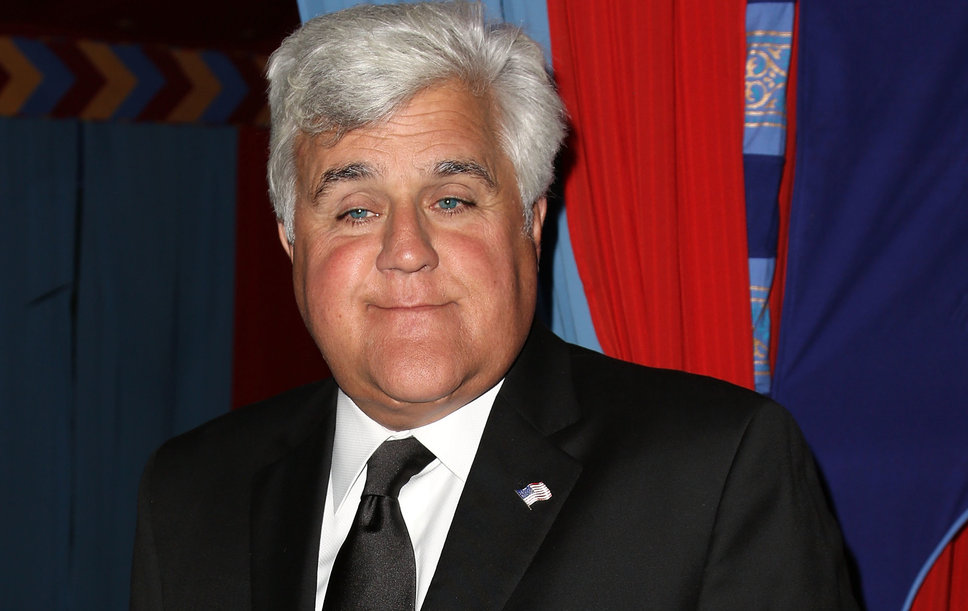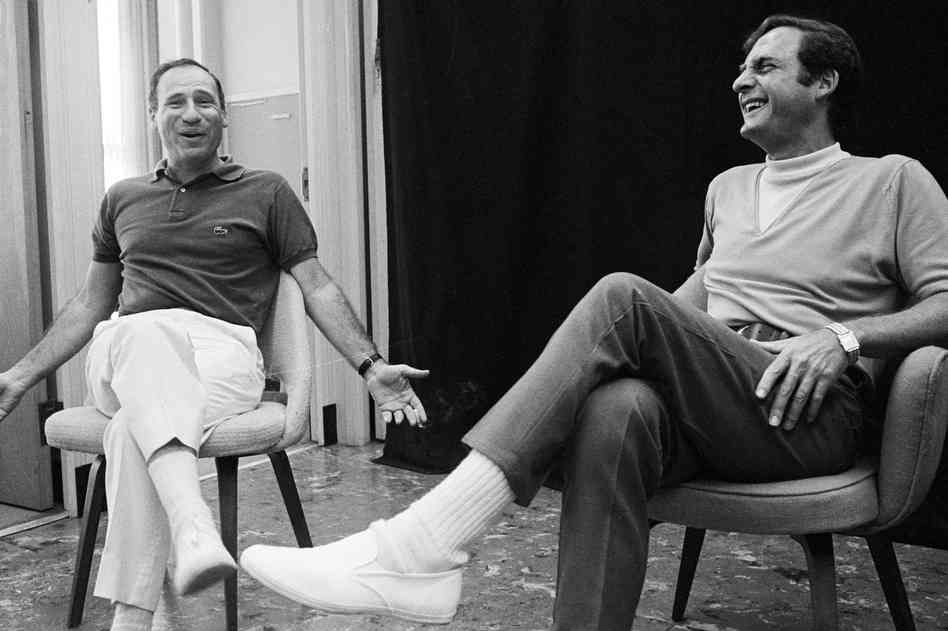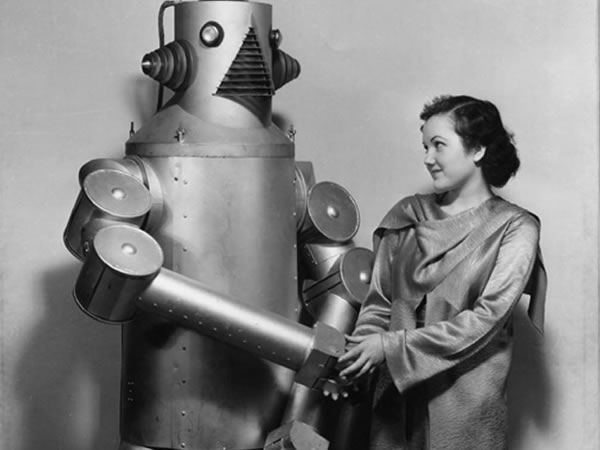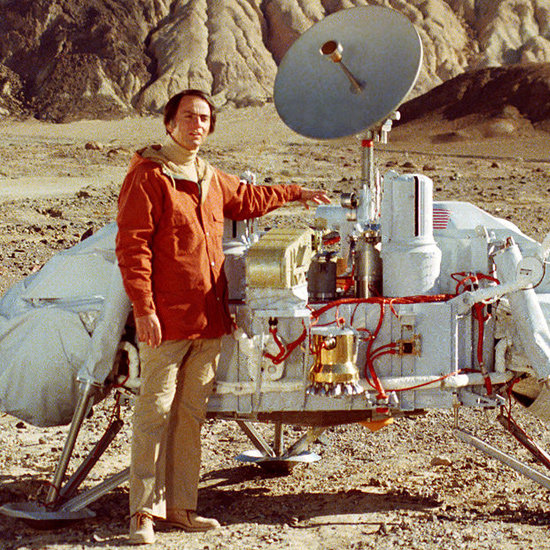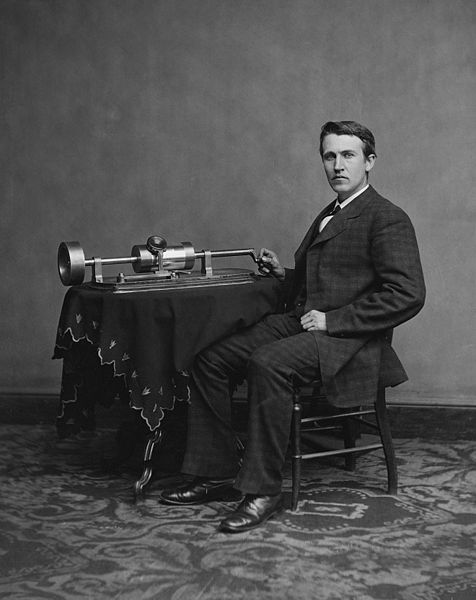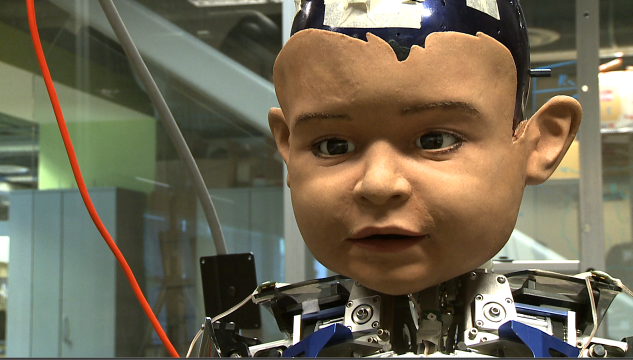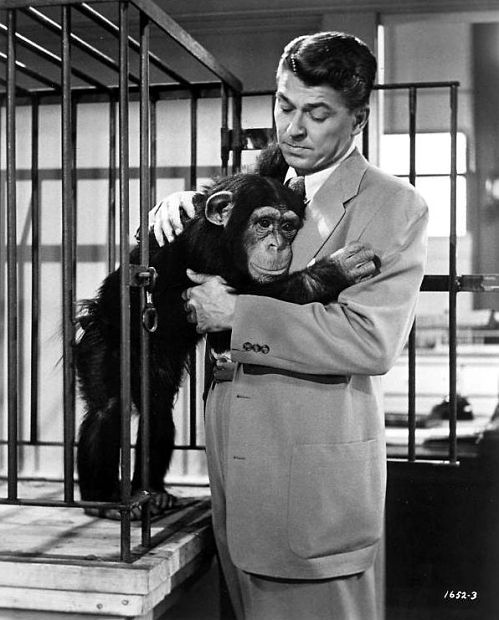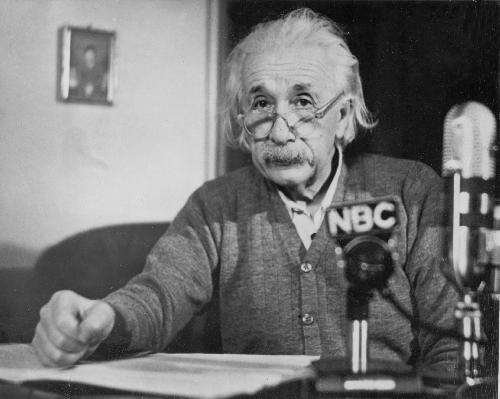It’s difficult to legislate widespread behavior. Prohibition didn’t work because people kept drinking. They voted with their actions. They same is true about spying, about invasions of what we formerly considered privacy. Perhaps laws can prohibit some government intrusions, but our technology makes it too tempting for it to stop completely. Of course, the power has passed into the hands of the people as well, which has forced a transparency on government that it did not want. At the moment when people are most worried about the government having too much control, the reverse is actually happening. It’s falling away. And it’s not really about Snowden or Manning but about humans and our nature. We want to know. We like to watch.
From Eli Lake’s Daily Beast article about James Clapper, the nation’s top intelligence officer who has come to realize the hard way that information now flows down a two-way street:
“Clapper also acknowledges that the very human nature of the bureaucracy he controls virtually insures that more mass disclosures are inevitable. ‘In the end,’ he says, ‘we will never ever be able to guarantee that there will not be an Edward Snowden or another Chelsea Manning because this is a large enterprise composed of human beings with all their idiosyncrasies.’
Ben Rhodes, deputy national security adviser for strategic communications, concurs: ‘I do think he recognizes that we are in a new normal after Snowden where we can’t operate with the expectation where nothing will get out,” he said. ‘If you are going to be dealing with the world where there are these disclosures you have to be more transparent to make the case to the public what you are doing and not doing.'”


